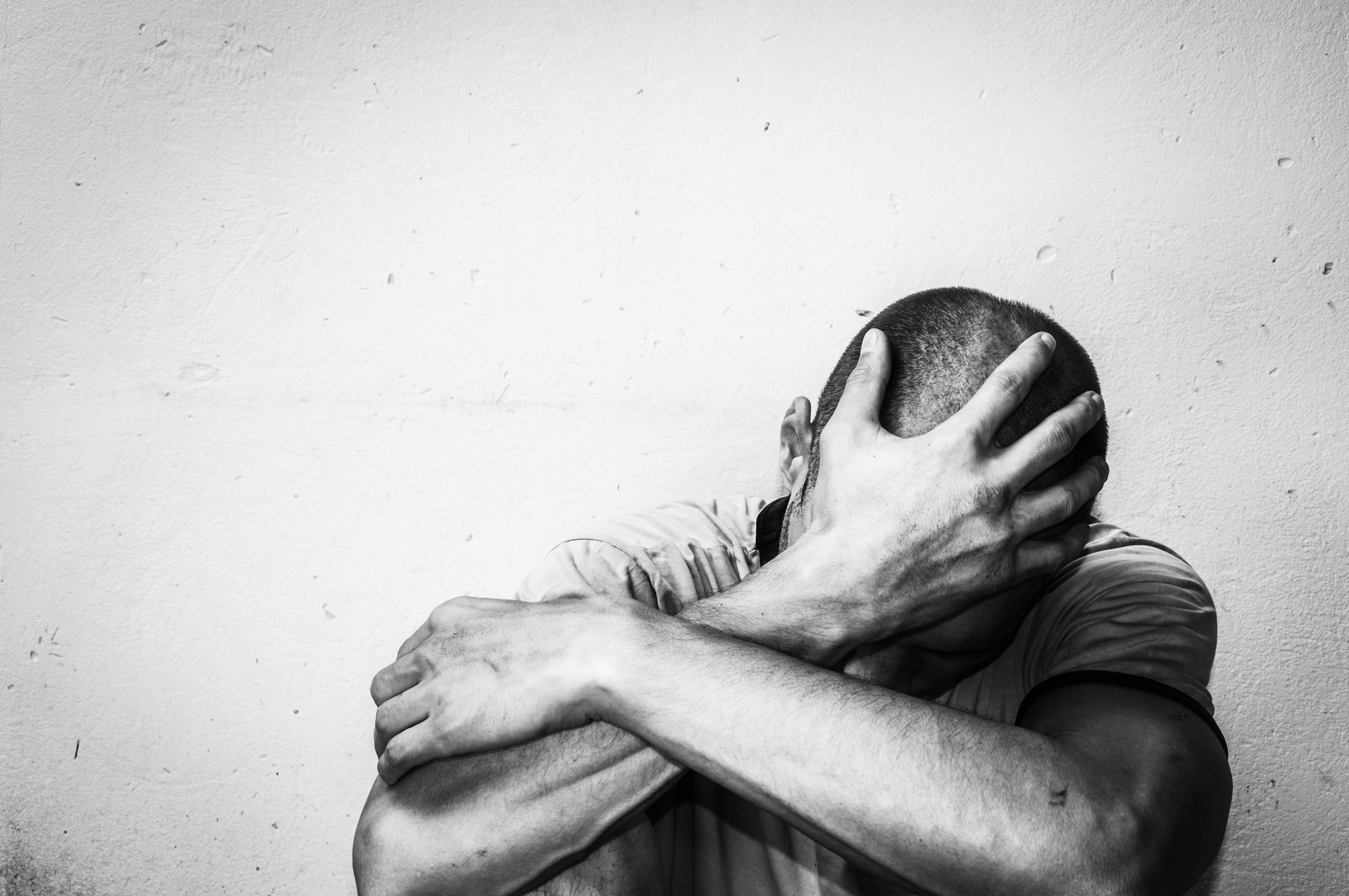Suicide is more common in prison than outside. Despite many suicide prevention programs and suicide watch units, many incarcerated people continue to attempt suicide. You can help by knowing what to do if an incarcerated person is suicidal.
Why is suicide so common in prison?
Suicide is more common in prison for many reasons. Firstly, incarcerated people live apart from their loved ones, sometimes for years. Sometimes, incarcerated people feel alone, making it easy for them to lose hope.
Prison violence is another major factor in prison suicide. Sexual abuse and physical violence can happen often in prison. These kinds of abuse are common risk factors for suicide, inside and outside prisons. Incarcerated people may feel like they cannot escape violence in prison. This can cause suicidal thoughts even when you don’t have a history of mental illness.
Incarcerated people are also more likely to have a history of trauma and mental health issues. These factors can increase the risk of suicide among incarcerated people. The National Commission on Correctional Health Care wrote a guide to help stop suicide in prison.

How can you tell if an incarcerated person is suicidal?
It’s hard to tell if anyone is suicidal. Prisons have an even harder time identifying suicidal incarcerated people. This is because incarcerated people often hide warning signs from prison officials. You may see things that those officials and doctors miss.
Prisons also screen justice-impacted people for suicide risk when they’re processed. Because this only happens once, prison officials may not know if an incarcerated person becomes suicidal afterward. That’s why many prisons have started using suicide assessments. These happen over time and make it easier to find incarcerated people struggling with suicidal thoughts.
You may hear the people around you talk about wanting to die. They may describe violence or tell you about problems with family outside the prison. Incarcerated people may also stop talking to others or avoid everyone around them. Prison staff may not always hear these things, and their peers can play a crucial role if they do.
Who should you tell if an incarcerated person is suicidal?
All prisons provide incarcerated people with information about mental health care in their facility. This information includes the names of psychologists that you can speak to. You can also tell any prison staff if you think your loved one or peer is suicidal.

If staff believe that someone in the facility is suicidal, they may put them on suicide watch. Prison officials watch their charges all day and night to make sure they don’t try to hurt themselves. They also don’t permit incarcerated people to have objects that they could use to hurt themselves or others.
Sometimes, doctors may decide that an incarcerated person needs medicine or regular counseling. They will check in with these people more often. They will also monitor to see if the medicine helps.
The Takeaway:
Suicide is a problem in prison. Incarcerated people sometimes feel alone and hopeless. They may also have mental health issues that put them at risk. You should tell prison staff if you think an incarcerated person is suicidal. They will work to find out if the incarcerated person is at risk and should give them the care they need.






